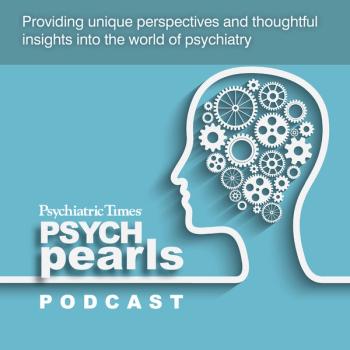
Mania
Latest News
Latest Videos

Podcasts
CME Content
More News
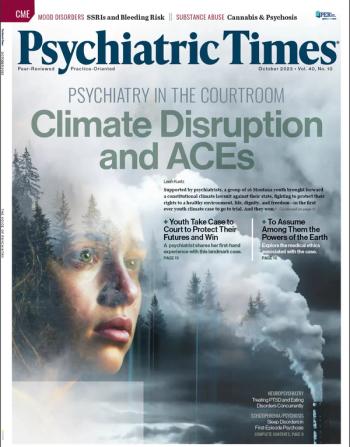
The experts weighed in on a wide variety of psychiatric issues for the October 2023 issue of Psychiatric Times.
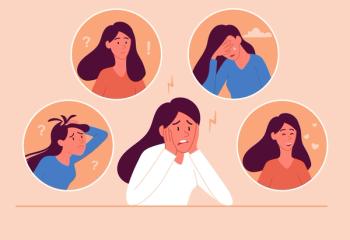
"Cumulatively, the findings of such reports have led to a concerted effort to encourage physicians to monitor patients for manic symptoms on initiation, reintroduction, and dose modulation of corticosteroid therapy."

From overutilization of emergency departments to reversible clomiphene-associated manic episodes, here are highlights from the week in Psychiatric Times.
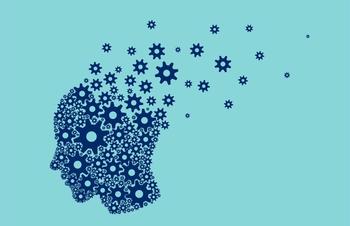
What risk does clomiphene use present to patients?
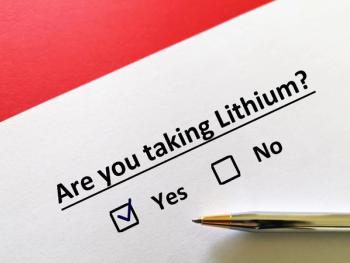
Lithium: what’s its history and where do we still need more information?

Catatonia: learn more about how to best diagnose early.

In this CME article, examine how current DSM nosology defines the proper method of assessing a mixed-episode patient and which diagnostic labels to give them based on their presenting symptomatology.
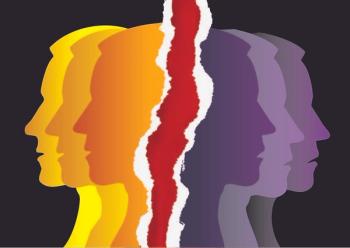
Predicting mania versus psychosis: Researchers performed a retrospective study of prodromal symptoms, risk factors, and vulnerability markers in first-episode mania and psychosis.

A case report and literature review of intrathecal methotrexate-induced mania.
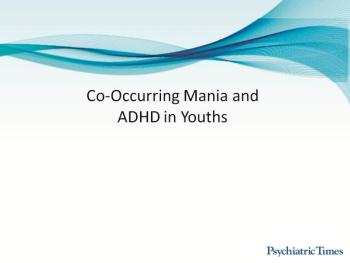
Evidence suggests that co-occurrence with ADHD is a marker of preadolescent-onset mania. This slideshow provides some evidence for you to decide whether this form of very early-onset mania represents a developmental subtype of the disorder.

Most persons who use CAM modalities to self-treat a mental health problem take prescription antidepressants concurrently. Combined use can result in serious supplement-drug interactions.

"Psychiatric diagnosis is certainly imperfect -- but so is much of diagnosis throughout medicine. And whatever the current limitations, psychiatric diagnosis is useful and essential. There are no 'paradigm shifts possible til we learn a lot more. To imply otherwise is misleading and confusing to patients."

A clinician’s notes and clinical records should document and defend treatment decisions, and are the best defense in court. Here: 3 key things every patient record should include.

With DSM-5, one more examination of bipolar diagnosis is warranted. After all, if a diagnosis is inaccurate, treatment efforts, however well-intentioned, may misfire.

Lamotrigine is an important option in bipolar disorders. However, many clinicians also use it in patients with a (unipolar) depressive disorder who have not responded adequately to conventional antidepressants.

In line with adolescents' interest in interactive video games, a computerized cognitive-behavioral therapy intervention that is an interactive fantasy game for depressed adolescents has been developed.

The issue of context and its relationship to disorderness extends well beyond panic attacks: it arises in nearly all psychiatric diagnoses not explicitly defined contextually.

Treating bipolar disorder in women has unique concerns. For example, contraceptive use can decrease the level of mood stabilizers and alter their effectiveness.

Traumatic brain injury (TBI) in children and adolescents is a major public health problem. Psychiatrists have a crucial role in the management of young persons who have a TBI.

Do not be surprised if you hear more about hybrid models of psychiatric diagnoses included in DSM-5. The categorical and dimensional model approaches are 2 sides of the same coin as you look at the same patient from 2 different angles.

Anti-psychiatry proponents forget it is widely recognized that the DSM is a provisional diagnostic system pending progress in better understanding uniquely human disorders of our most complex organ.

Effective personalized treatment recognizes bipolar disorder as a biopsychosocial disorder, but mood-stabilizing medications are the backbone of treatment. These medications fall into 3 categories: lithium, antikindling/antiepileptic agents, and second-generation antipsychotics.

The current system of payment for mental health care in the US can lead, or even incentivize, clinicians to focus on and code for Axis I disorders and their more readily reimbursed psychopharmacological treatment approaches.

The mental health toll of any form of discrimination is great.

In a recent interview on 60 Minutes, Harvard psychologist Irving Kirsch, PhD, commented, “the difference between the effect of a placebo and the effect of an antidepressant is minimal for most people.”






